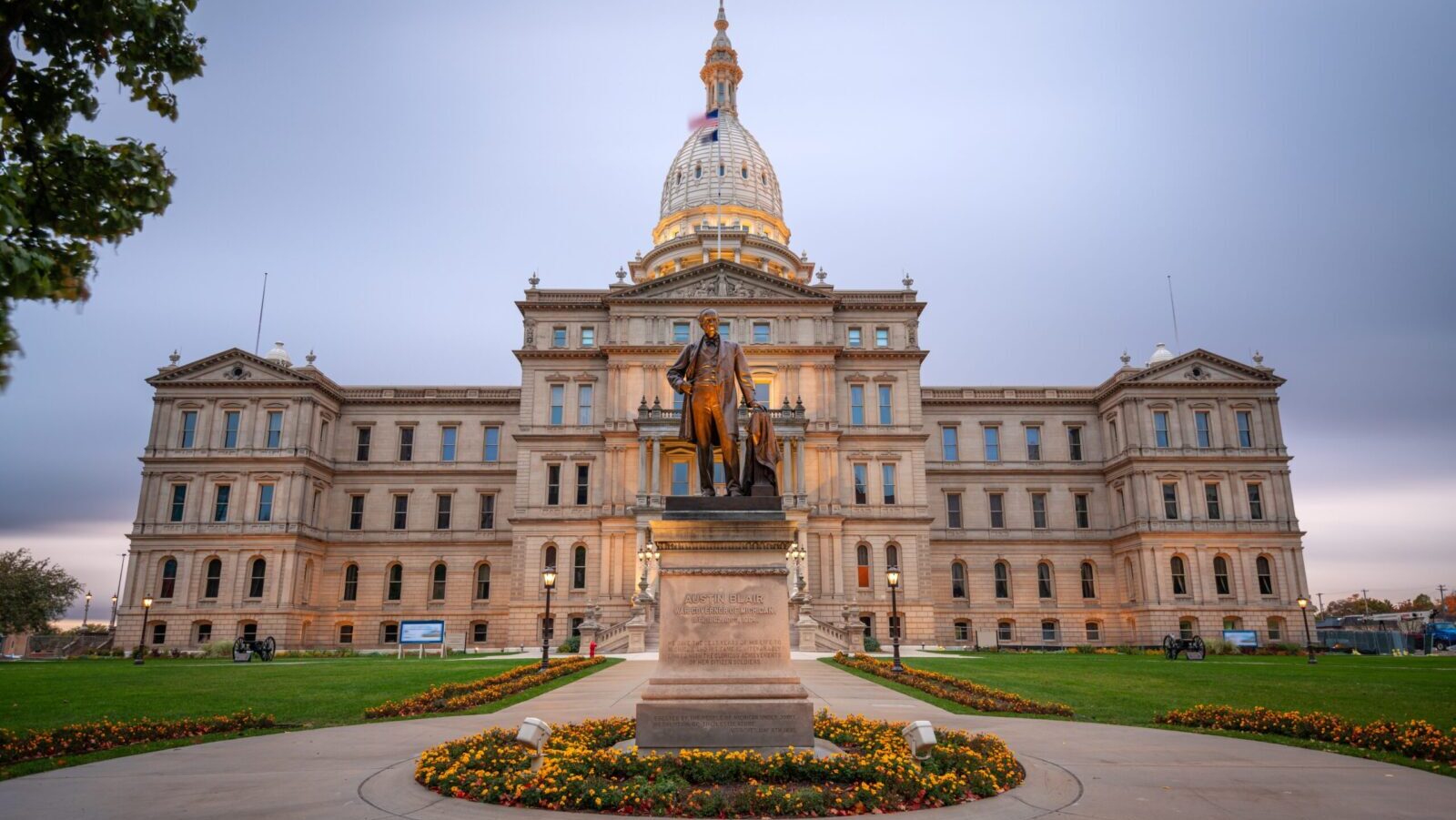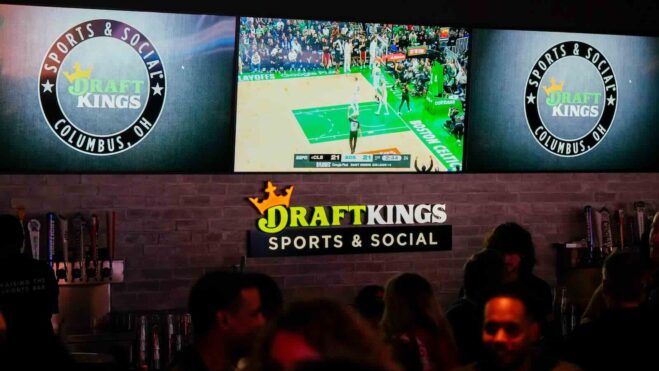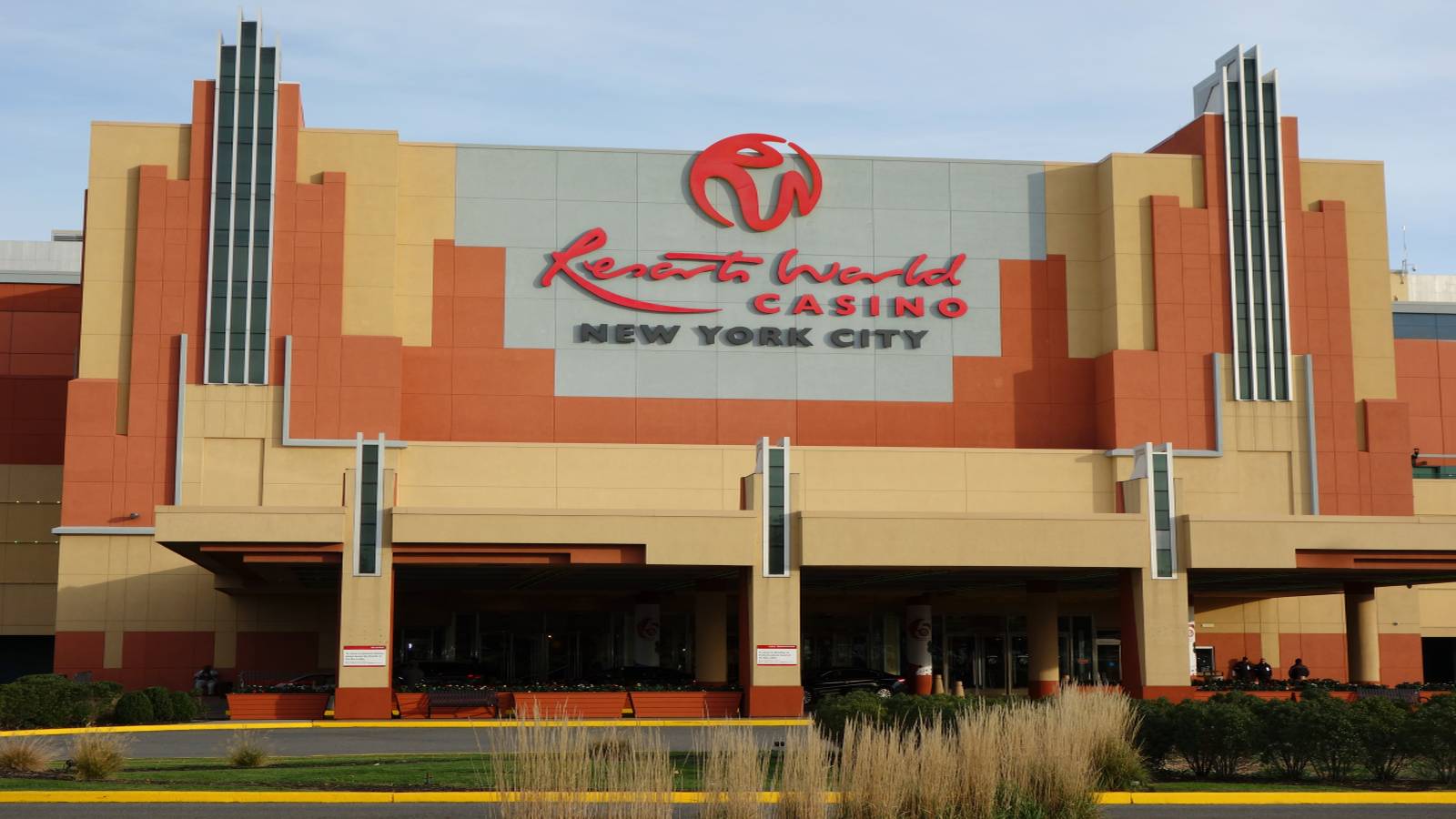Michigan Cracks Down On Israel-Based Papaya Gaming, Sends Cease-And-Desist
Investigation reveals company is offering four unregulated real-money gambling apps in the state
2 min

The Michigan Gaming Control Board, as active a regulator as any in the nation in cracking down on illegal and unlicensed gambling, on Thursday added Papaya Gaming to its list of offenders. The MGCB announced it had sent the Tel Aviv, Israel-based operator a cease-and-desist letter regarding its unregulated online gaming products available within Michigan’s state borders.
The MGCB indicated it received an anonymous tip about Papaya, investigated, and found that four of the company’s apps — 21 Cash, Bingo Cash, Bubble Cash, and Solitaire Cash — have been available for real-money play in the state.
“The Michigan Gaming Control Board firmly believes in a regulated and safe gaming environment,” Executive Director Henry Williams said in the press release. “Illegal gambling is not tolerated in Michigan, and we will take all necessary actions to protect our residents from such unlawful practices.”
The MGCB declared that Papaya Gaming has 14 days to block Michigan players from accessing the apps, or the company will face legal action.
The letter of the law
The MGCB cited three Michigan laws it says Papaya is violating. In the words of the press release, they are:
- Lawful Internet Gaming Act, which states that internet gaming may only be offered by a licensed internet gaming operator. Only casinos that are currently licensed under the Michigan Gaming Control and Revenue Act and federally authorized tribal casinos within Michigan can apply for an internet gaming operator license. Additionally, only licensed internet gaming platform providers can provide gaming software for a licensed internet gaming operator.
- Michigan Gaming Control and Revenue Act, which prohibits a party from conducting a gambling operation without a license issued by the MGCB. A party who operates an unlicensed gambling operation is guilty of a felony punishable by imprisonment for up to 10 years or a fine of up to $100,000, or both.
- Michigan Penal Code, which broadly prohibits any form of unauthorized gambling involving consideration, prize, and chance. For example, accepting money, or anything of value, with the understanding that money, or anything of value, will be paid to any person based on the outcome of an uncertain event is prohibited.
Back in the late months of last year, the MGCB was ahead of the curve in sending cease-and-desist letters to three unlicensed operators in short succession, PredictionStrike Inc., Sweepstakes Limited, and VGW Luckyland, Inc. The latter of those has emerged as a major social casino operator using sweepstakes promotions — widely referred to as a “sweepstakes casino” — and other states have followed Michigan’s lead in sending C&Ds to VGW.
More recently, the MGCB set its sights on online lottery platform One Country, which the board found to be using sweepstakes-style practices that Michigan law prohibits.
Papaya Gaming was founded in 2019, and considers its products “skill gaming.” The company’s website reads, “We believe that gaming should be about more than just luck, which is why our games are designed to reward skill, strategy, and perseverance.”






